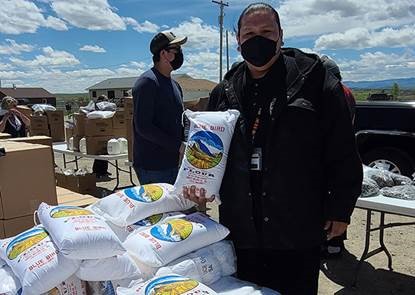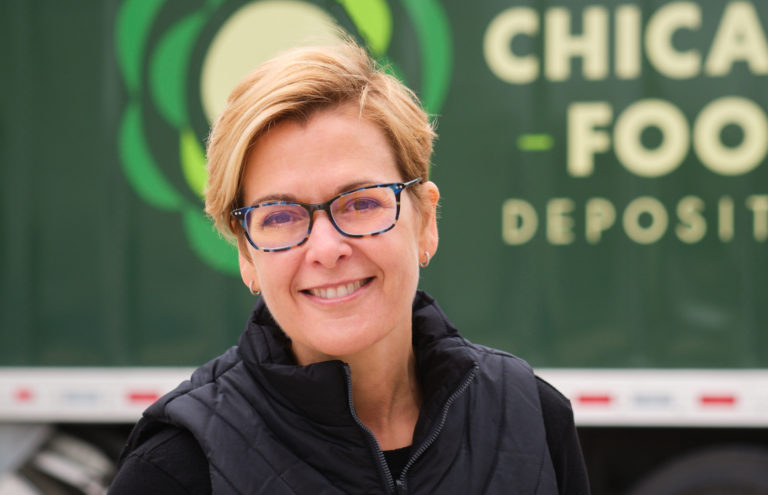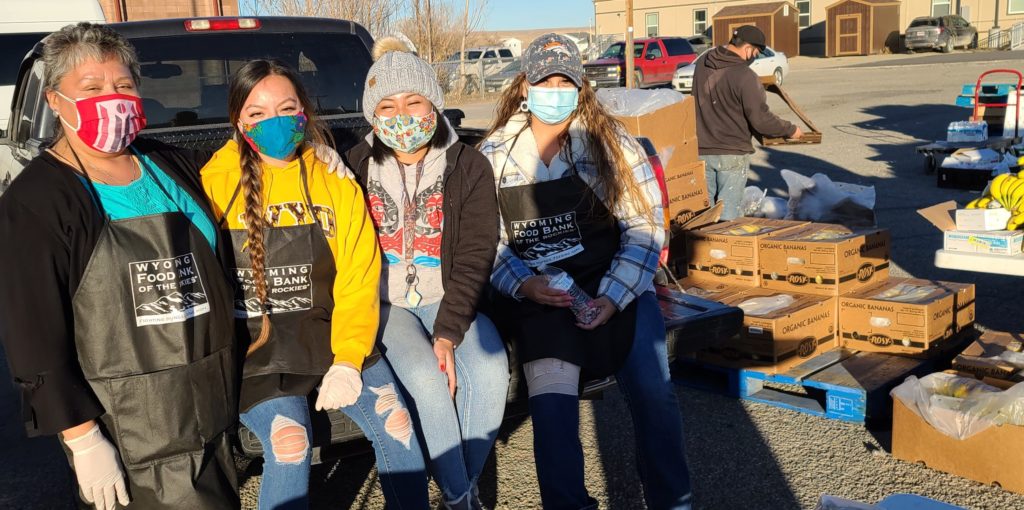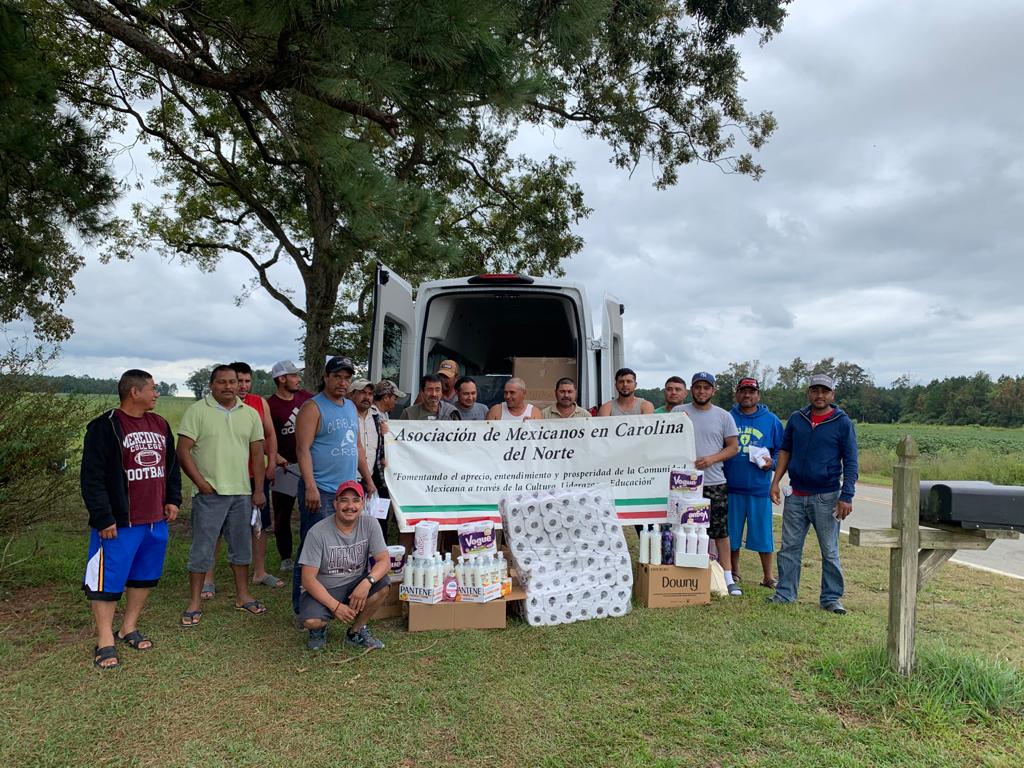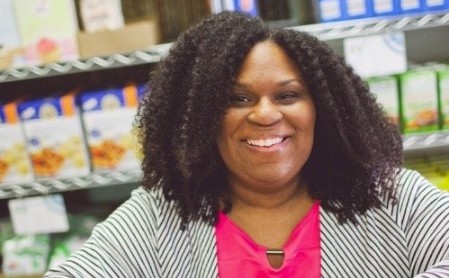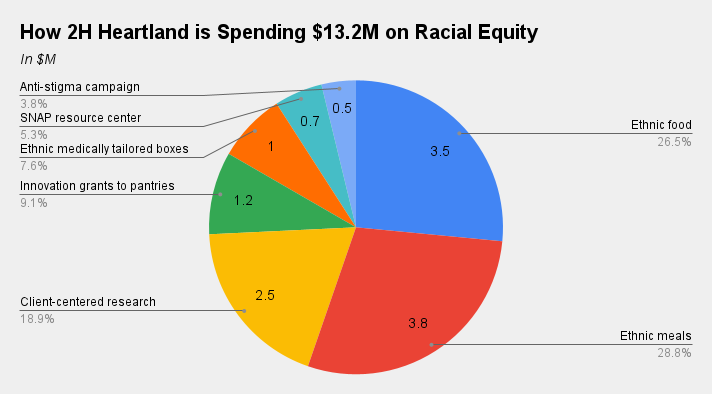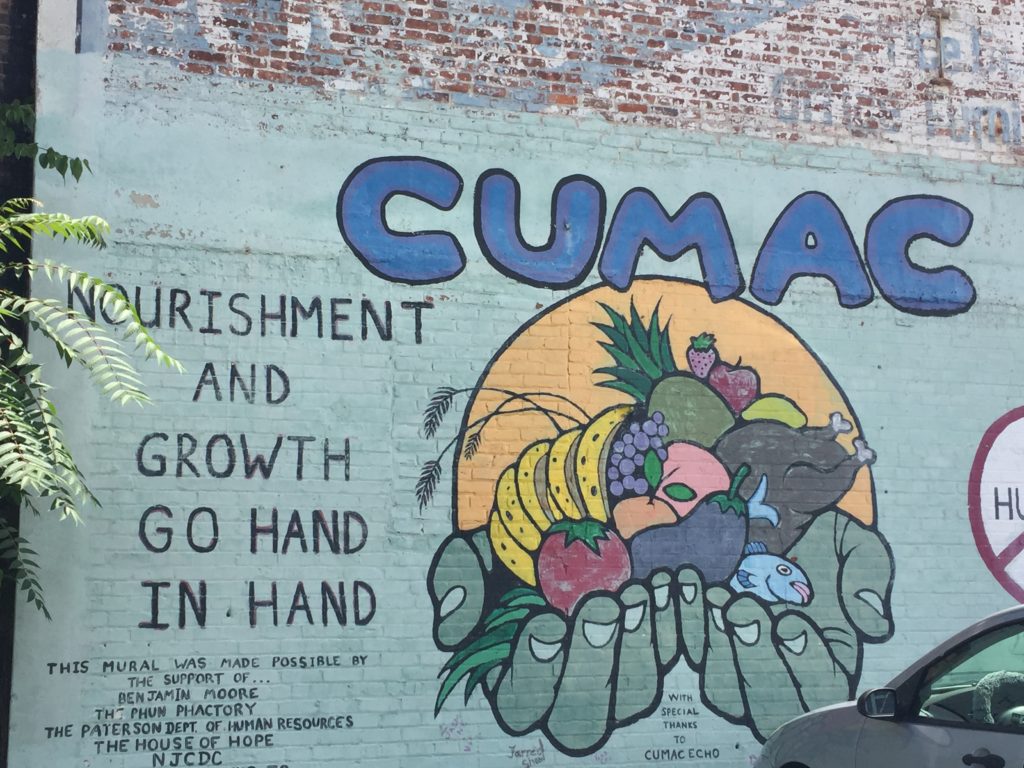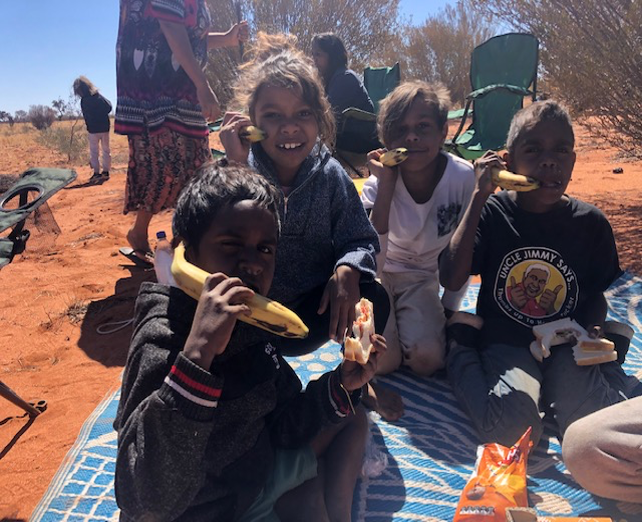Building off the success of a pilot, Food Bank of the Rockies is increasing its commitment to providing culturally relevant food to ethnic groups. Its Culturally Responsive Food Initiative, started in August 2020 as a pilot in eight counties, is now expanding to include all 53 counties in the food…
Posts published in “Equity”
The Greater Chicago Food Depository has not been the same ever since CEO Kate Maehr took to heart the inequities revealed by Covid-19. Her visceral reaction to the pandemic’s impact – she has described realizing the depth of inequity between neighborhoods as a slap in the face – has resulted…
By the time a new food program to serve Indigenous populations in Wisconsin wraps up at the end of this month, it will have distributed more than 10,000 food boxes to Tribal Elders throughout the state. For the hunger-relief organizations involved, it also will have provided a new perspective on…
When Hurricane Florence hit North Carolina three years ago, the Food Bank of Central and Eastern North Carolina realized it wasn’t as prepared to serve the Latino community as it should have been. “We rushed to say, ‘Here’s everything that we have,’ but that relationship wasn’t quite there,” said Jessica…
Food equity often has to do with eliminating barriers in how people gain access to food. For Emily Brown, food equity also means addressing food allergies. About 32 million people in the United States have food allergies. Two of those are Brown’s daughters, who were diagnosed with multiple food allergies…
Second Harvest Heartland of Minnesota announced last week that it would invest $13.2 million into smoothing out racial disparities in the way it distributes food, partly by making food more accessible and appealing to communities of color. The commitment, which will roll out over five years, covers a wide breadth…
CUMAC’s two-story facility in Northern New Jersey has the look and feel of a standard food bank, with a warehouse, a handful of trucks, a client-choice pantry, and even a small garden. In practice, the operation has a mission that goes much further than giving out food or even addressing…
Given the history of food banks, it would seem that those in the U.S. would have little to learn from their global counterparts. Food banks started as an American invention of the 1960s, and did not really spread abroad until the founding of the Global FoodBanking Network in 2006. Despite…
When it comes to serving the Muslim community, one of the difficulties food pantries face is sourcing halal meat. Halal, a word meaning “permissible” in Arabic, requires animals to be slaughtered and processed in a certain way under supervision. Halal rules also prohibit certain foods, such as pork, ban the…
